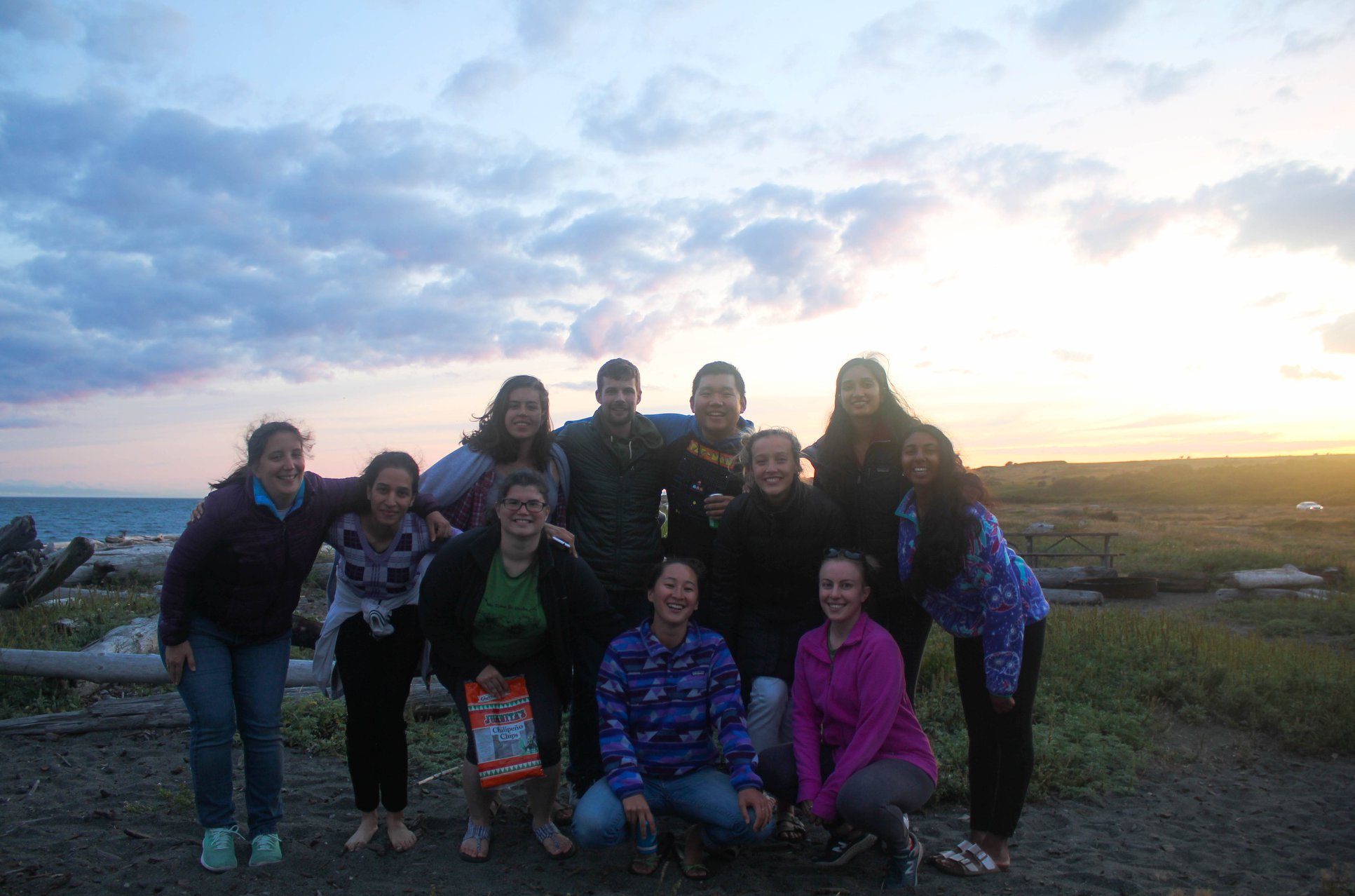I’m really excited and proud to announce that my first ever peer-reviewed paper has been accepted by a scientific journal! The American Naturalist has accepted the paper and it is titled: “Transforming Restoration Science: Multiple Knowledges and Community Research Cogeneration in the Klamath and Duwamish Rivers.“
Normally I would post something related to my research and my time in grad school over in the Marine Science section of my website, but I thought this milestone was important to celebrate here, especially since this isn’t what most people think of when they think of a “typical” natural science paper. Yes, in our paper, my co-authors and I discuss our research as it relates to two separate river restoration projects. However, our focus is on the how and not the what. How was our research conducted? How did we approach our work ethically? How can we produce research with local communities, Indigenous peoples, and Tribes, instead of extracting data from already overexploited peoples? How would we do things next time, and how can other scientists learn from our examples?
There have been a growing number of papers being published in natural science fields in recent years that discuss ethical research, participatory research, and community-engaged research. I believe that one of the things that makes our paper interesting is that we provide two case studies, both involving river ecosystems, where the research took on very different forms due to current institutional constraints as well as historical legacies. I think the two case studies provide a nice backdrop to the theories our paper discusses and the suggestions we make for those who are in the field of restoration science and practice.
My good friend and colleague from graduate school, Samantha Klein, is the lead author, and I am second author on the piece. I’m proud to be co-authors on this paper with Indigenous scholars, as well as with my former classmates Sam and Sallie, who worked with me closely to advance equity and justice for underrepresented folks in our graduate program. Our principle investigator is Dr. Cleo Wölfle-Hazard of the FRESH Water Relations Lab; this is not just my first-ever peer-reviewed publication but also Sam’s first and the FRESH Lab’s first.
Our paper will be published some time soon in a special issue of the journal titled: “Nature, Data, and Power: How Hegemonies Shape Biological Knowledge.” Until then, you can read more about the special issue and the papers accepted for it here. I’ve also posted the abstract for the paper over in Marine Science—here’s the direct link to that post.




